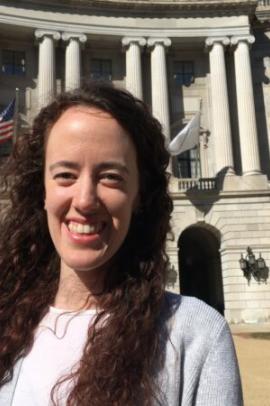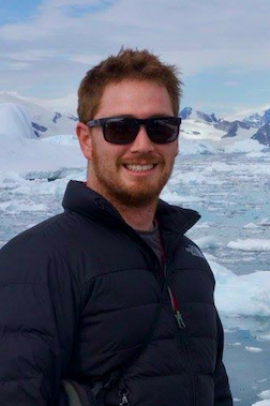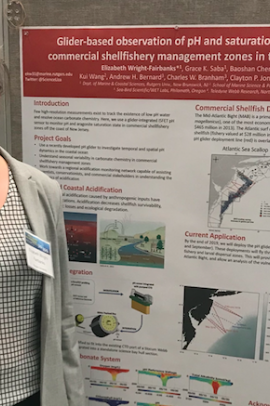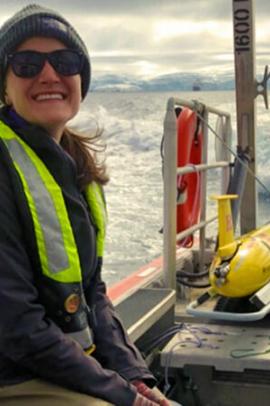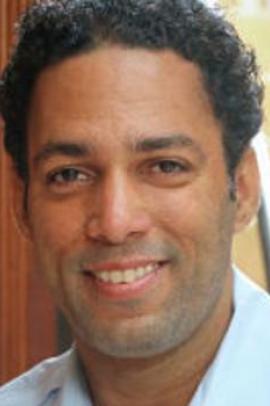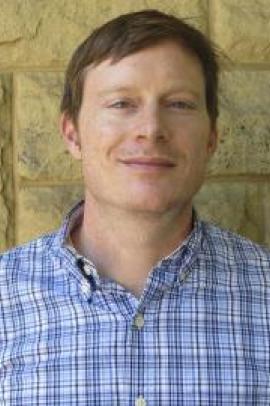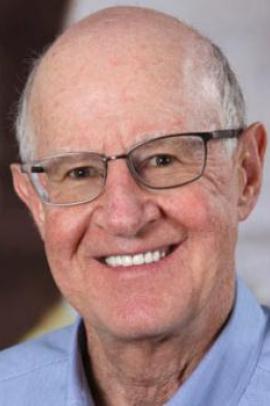Conveniently harness technologies recaptiualize enterprise-wide web-readiness for robust strategic theme areas.
A new school for climate and sustainability continues to take shape at Stanford, with a structure designed to achieve ambitious goals, according to presentations given before the Faculty Senate on Thursday.
Delivering presentations to the Faculty Senate on Thursday were (top row, left to right) Athletic Director Bernard Muir; Jeff Koseff, faculty athletic representative to the NCAA; Deputy Athletic Director Patrick Dunkley; (bottom row, left to right) Ryan Adesnik, vice president for government affairs; Kathryn “Kam” Moler, vice provost and dean of research; and Stephan Graham, dean of the School of Earth, Energy and Environmental Sciences. (Image credit: Andrew Brodhead)
Also at the meeting, the senate heard a report on the challenges facing college athletics programs including those posed by COVID-19, increasing litigation and difficult economic realities.
The next steps for the new school are the formation of a search committee to appoint a dean, finalizing the department structures, designing degree programs, recruiting a director for a new Sustainability Accelerator and making hires critical for launching the school.
Kathryn “Kam” Moler, vice provost and dean of research, and Stephan Graham, dean of the School of Earth, Energy and Environmental Sciences, presented an update on planning for the new school, which was announced in May by President Marc Tessier-Lavigne to help the university address the urgent challenges facing the planet.
Throughout the fall and winter, a 30-member faculty Blueprint Advisory Committee (BAC), which includes faculty from all seven schools and five policy institutes, has been meeting to design the new school’s structure, education programs, themed initiatives and engagement activities. Moler and Graham presented the group’s recommendations for Faculty Senate feedback.
Although specific departments will be finalized during the faculty opt-in process, Graham said the topics proposed to be included in the new school include Earth and Planetary Sciences, Human Society and Interactions, Energy Technology, Sustainable Urban Development, The Natural Environment, Food and Water Security, Human Behavior and Public Policy, Human Health and the Environment, and Climate Change.
- Log in to post comments



